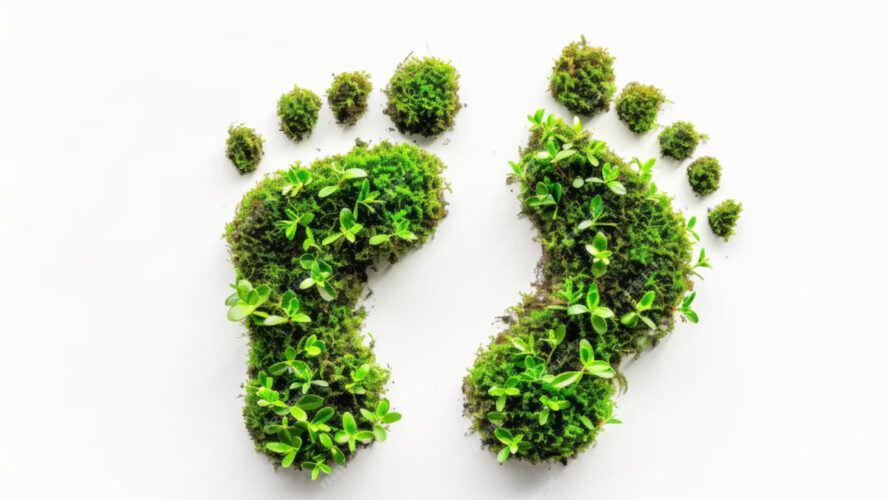
Jon Jerromes
Group Commercial Manager, KeyGreen

Oscar Juarez
Sustainability Lead, KeyGreen
Major companies, small businesses and individuals all play vital roles in the push for net zero carbon emissions.
According to waste experts, the journey starts with proper waste segregation — the cornerstone of a functioning circular economy.
Zero to landfill
Jon Jerromes, Group Commercial Manager at KeyGreen, highlights that excessive and unnecessary waste still ends up in general disposal. KeyGreen, a major player in Ireland’s commercial waste sector, operates a zero-to-landfill policy across all waste streams: general waste, dry mixed recycling, organic, glass, waste electrical and electronic equipment (WEEE) and specialised services including clinical and hazardous materials.
“General waste remains the largest stream for Irish businesses today,” says Jerromes. “But it should actually be the smallest. When broken down, most materials belong in other streams. We need to ask ourselves: what truly is ‘general’ waste?”
We need to ask ourselves:
what truly is ‘general’ waste?
The circular environment
When waste is contaminated, it becomes general waste by default — sent to general incineration, which, while converting to renewable energy, removes any further specific byproducts that would be taken from the process. Conversely, clean materials such as plastics, cardboard and tins can be recycled, and organic waste is transformed into renewable electricity, biomethane and nutrient-rich, peat-free fertiliser.
“This is the circular environment,” Jerromes explains. “When businesses see how waste is recycled, it sends a strong message. Some are already demand-led in this area, but as a nation, we have a long way to go.”
Education and responsibility
Oscar Juarez, Sustainability Lead, focuses on educating companies and staff on proper recycling and compliance with Irish Waste Management Regulations.
“The responsibility lies with everyone, but education must come from the top — the CEOs and decision-makers,” he says. “Once something is binned incorrectly, it’s too late.”
Green credentials through data
KeyGreen, now celebrating 20 years in business, provides public and private sector clients with tailored data insights to monitor and improve waste segregation performance.
Jerromes references a leading retail chain, a valued customer of KeyGreen, as an example. By categorising their stores based on size, footfall and operating hours, they identify trends, strengths and areas that require improvement.
“The data doesn’t lie,” says Jerromes. “It forms the baszeline and allows for real change. Turning waste management into a measurable KPI is a major step towards stronger green credentials and real sustainability progress.”
More than waste
Beyond waste, KeyGreen also provides hygiene services, pest control solutions and medical waste disposal — supporting clients across sectors in their sustainability efforts.



